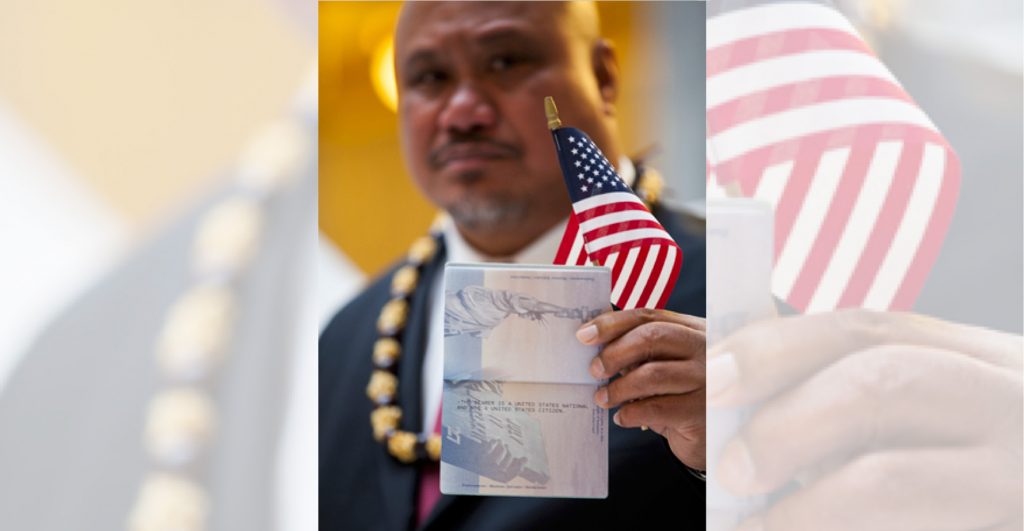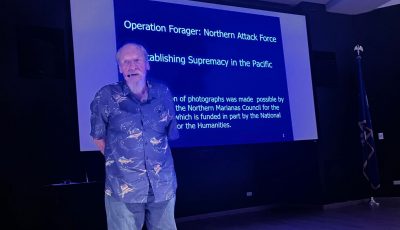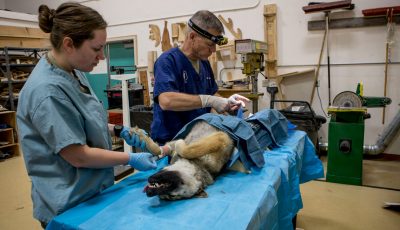10th Circuit hears argument on birthright citizenship in US territories
Whether people born in U.S. territories have a constitutional right to U.S. citizenship will depend on how the U.S. Court of Appeals for the 10th Circuit rules following argument yesterday in Fitisemanu v. United States. Because of COVID-19, arguments in the case were done by video conference rather than in-person, with each of the judges and attorneys in the case participating via Zoom.
“While I would have liked to be in the courtroom while the judges were considering whether or not I have a right to U.S. citizenship based on my birth on U.S. soil in American Samoa, I’m glad I was able to at least listen in to the audio,” said John Fitisemanu following the argument. “After hearing the arguments, I’m optimistic the court will recognize that I am a U.S. citizen, not simply a U.S. national—it’s time to bring an end to this second-class status.”

Photo shows John Fitisemanu, who is one of the plaintiffs in Fitisemanu v. United States.
(CONTRIBUTED PHOTO)
“Each of the judges were engaged and interested in the case,” said Matthew D. McGill, a partner at Gibson Dunn, who argued on behalf of the Fitisemanu plaintiffs before the 10th Circuit. “Ultimately, the Constitution is clear that if you are born on U.S. soil—whether in state or territory—you have a right to citizenship.”
“Addressing some of the points that came up at argument, the historical record is clear that for nearly 60 years American Samoans pushed hard to be recognized as full U.S. citizens. And today, American Samoans are citizens of nowhere based on the federal government’s unconstitutional denial of citizenship to people born in American Samoa,” said Charles Ala’ilima, a prominent American Samoa attorney who also represents the Fitisemanu plaintiffs. “Equally important, recognition of citizenship would not have an impact on the preservation of American Samoan land and culture.”
“It was disappointing, but not surprising, to see the U.S. Department of Justice continue to rely on the racist Insular Cases to argue that people born in U.S. territories have no right to citizenship,” said Neil Weare, co-counsel for the Fitisemanu plaintiffs and president and founder of Equally American, which advocates for equality and civil rights for the nearly 4 million Americans living in U.S. territories. “As the Supreme Court said in June, the Insular Cases should not be expanded, so I’m hopeful the 10th Circuit will follow that command here and rule in our client’s favor.”
However the 10th Circuit rules, the case is likely to be appealed to the U.S. Supreme Court.
Audio of the argument will be available at https://www.ca10.uscourts.gov/oralargument/search/recent.
More information about Fitisemanu v. United States is available at http://www.equalrightsnow.org/fitisemanu. (PR)



























